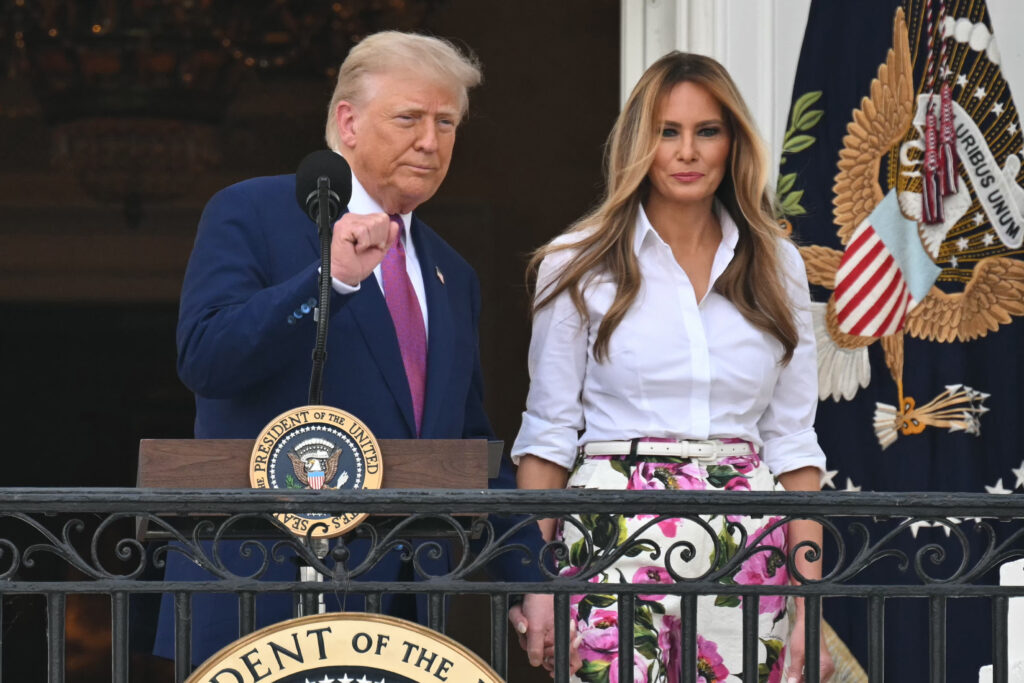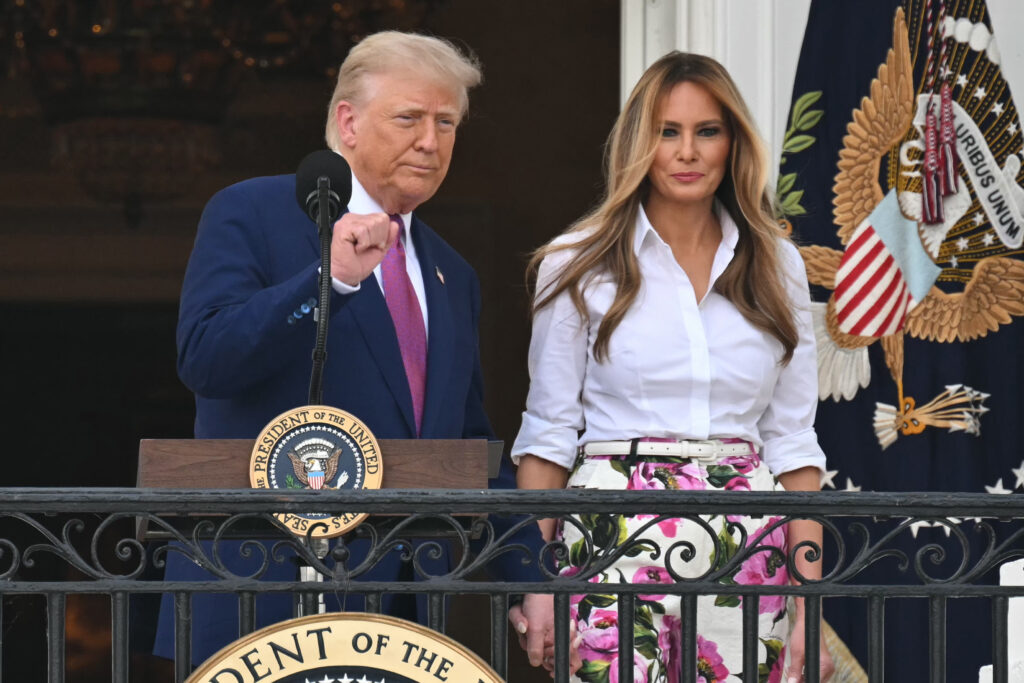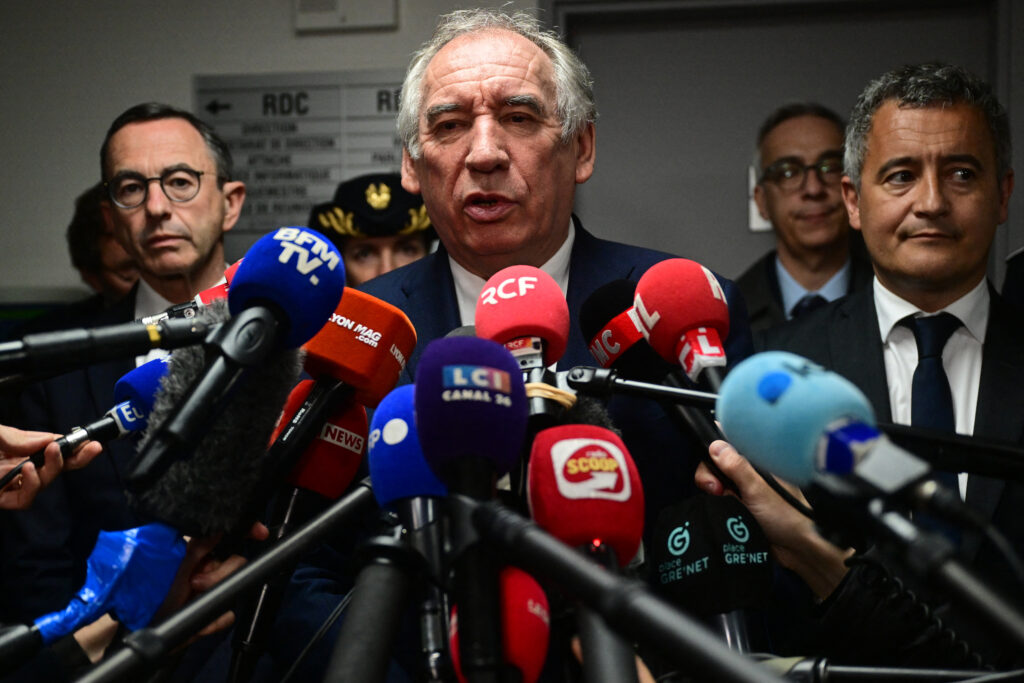Iran says Israel attack ‘declaration of war’
Iran called Israel’s wave of strikes on Friday a declaration of war, while US President Donald Trump warned Tehran of “even more brutal” attacks if it does not make a deal on its nuclear programme.Israel said its air strikes had killed several top Iranian generals, including most of the senior leadership of the Revolutionary Guards’ air force, while hitting about 100 targets including nuclear facilities.Iran’s supreme leader Ayatollah Ali Khamenei warned Israel it faced a “bitter and painful” fate over the attacks, while Foreign Minister Abbas Araghchi described the attack as a “declaration of war” and President Masoud Pezeshkian said “Iran will make the enemy regret its foolish act”.The Israeli military said Iran launched around 100 drones in response, with air defences intercepting them outside Israeli territory, while neighbouring Jordan said it targeted drones and missiles that violated its airspace.In the attack’s wake, Trump urged Iran on Friday to “make a deal”, warning of “even more brutal” attacks to come.The United States underlined that it was not involved in the Israeli action and warned Iran not to attack its personnel or interests, but Tehran said Washington would be “responsible for consequences”.Prime Minister Benjamin Netanyahu said Israel struck at the “heart of Iran’s nuclear enrichment programme”, taking aim at nuclear scientists and the main uranium enrichment facility in Natanz.The strikes would “continue as many days as it takes”, the Israeli premier said, while the military said intelligence showed Iran was approaching the “point of no return” on its nuclear programme.The strikes killed Iran’s highest-ranking military officer, armed forces chief of staff Mohammad Bagheri, and the head of the Revolutionary Guards, Hossein Salami, Iranian media reported.- ‘Clear message’ -Khamenei swiftly appointed new commanders to replace those killed, while state media said a senior adviser to the supreme leader had himself been wounded.”The senior chain of command of the air force of the Islamic Revolutionary Guards Corps had assembled in an underground command centre to prepare for an attack on the State of Israel,” the Israeli military said, adding that its attacks had killed most of them.Iran confirmed the Guards aerospace commander had been killed, along with “a group of brave and dedicated fighters”.Israeli Defence Minister Israel Katz said the “precise targeting of senior commanders… sends a strong and clear message: those who work toward Israel’s destruction will be eliminated”.AFP images showed a gaping hole in the side of a Tehran residential building that appeared to have sustained a targeted and localised strike.State media said civilians were killed, without providing an exact figure, while an emergency services official said 95 people had been wounded.Tasnim news agency said six nuclear scientists were among the dead.Later Friday, the UN Security Council said it would hold an emergency meeting at 3:00 pm (1900 GMT).The meeting was requested by Iran, and supported by Russia and China, a diplomatic source told AFP.- ‘Scathing response’ -Tehran’s streets were deserted except for queues at petrol stations, a familiar sight in times of crisis.”How much longer are we going to live in fear?” asked Ahmad Moadi, a 62-year-old retiree. “As an Iranian, I believe there must be an overwhelming response, a scathing response.”Air traffic was halted at Tehran’s main gateway, Imam Khomeini International Airport, while Iraq, Jordan and Syria closed their airspace.Israel declared a state of emergency as anxieties grew amid a wave of uncertainty gripping the region.”I’m worried for my children, and also about my livelihood, because this affects the market. You can’t work, you can’t do anything,” Tel Aviv resident Vered Saar told AFP.Netanyahu on Friday said he expected “several waves of Iranian attacks”.Israel’s military also began deploying reservists “to all combat arenas throughout the country” to prepare for “defence and offence”. Oil prices surged while stocks sank on the Israeli strikes, which came after Trump’s warning of a “massive conflict” in the region.Trump had also said the United States was drawing down staff in the Middle East, after Iran had threatened to target US military bases in the region if conflict broke out.Prior to the strikes, Trump said he believed a deal on Iran’s nuclear programme was “fairly close”, cautioning however that an Israeli attack on its arch foe could wreck the chances of an agreement.- ‘Within reach’ -With the violence raising questions on whether a sixth round of talks planned between the US and Iran would go ahead on Sunday in Oman, Trump said Washington was “hoping to get back to the negotiating table”.Confirming Natanz had been among Israel’s targets, the International Atomic Energy Agency (IAEA) said radiation levels outside the site “remained unchanged”.”Most of the damage is on the surface level,” said the Atomic Energy Organisation of Iran’s spokesman Behrouz Kamalvandi.Fawaz Gerges, a professor of international relations at the London School of Economics, said: “I think Israel has declared all-out war against Iran.”The United States and other Western governments have repeatedly accused Iran of seeking a nuclear weapon, an ambition it has consistently denied.Israel again called for global action after the IAEA accused Iran on Thursday of non-compliance with its obligations.The agency later said it would hold an extraordinary meeting of its board of governors in the coming days. Iran currently enriches uranium to 60 percent, far above the 3.67-percent limit set by a largely moribund 2015 agreement with major powers, but still short of the 90 percent threshold needed for a nuclear warhead.









